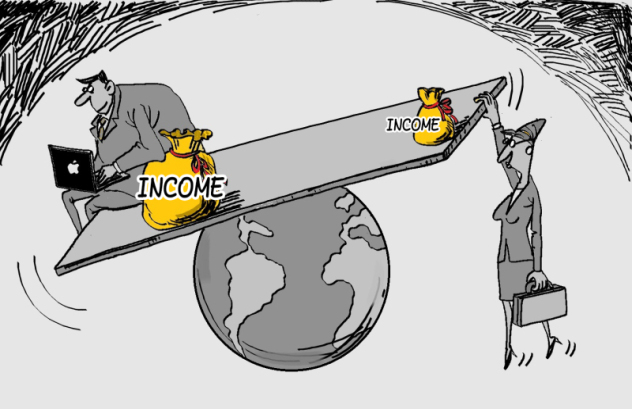Transatlantic trends of trade
Potential EU-US free trade area would have big repercussions for China and other partners in Asia and South America
Plans recently announced for the creation of a vast new Atlantic free trade area, if realized, would have historic economic and trade implications, but potentially also geopolitical and strategic repercussions.
Although at first glance the ambitious and long-discussed project, representing trillions of dollars in trade and investment, directly concerns only the European Union and United States, it is clearly directed at China and other rising Asian economies.
President Barack Obama and various EU leaders have focused attention on the more concrete, tangible trade and economic benefits that might accrue from the establishment of a vast free trade area between the US and EU: The two account for close to half the total world GDP and one-third of world trade - some half a trillion euros a year in goods and more than 250 billion euros ($330 billion) in services - and have more than 2 trillion euros in accumulated direct investment on each side of the Atlantic.
Yet, while they emphasized that such an accord could be expected to generate an extra 0.05 percent GDP growth in the EU - a positive spin coinciding with data showing continuing contraction in EU output - some of the leaders pointed to other less tangible objectives.
Not only was the economic rise and influence of China cited by both officials and media on both sides of the Atlantic as a primary stimulus for the proposed trade zone, it was also characterized as an "Economic NATO" or a US "rebalancing" toward Europe after the much publicized previous US pivot to Asia.
Officials in both Washington and Brussels were reported to have said that the rising economic might of China gave added incentive to the undertaking. They said that the trade agreement would provide a more united front against Chinese standards and norms on areas such as product safety or intellectual property. EU Trade Commissioner Karel De Gucht was quoted as saying that without such an agreement, "we would be forced to accept Chinese standards".
But the fact remains that if the Atlantic partners show unity and solidarity in some areas, they are also of profoundly different economic and social cultures in some aspects, including regulation of business, consumer or environmental protection, antitrust or competition policy and many others. This difference is especially profound in southern Europe where agricultural interests are seen as being threatened by greater opening to globalized trade and competition. For decades, Europeans have resisted US practices involving genetically modified crops, the antibiotic treatment of animals and fisheries, or the imports of certain US agricultural products.





















